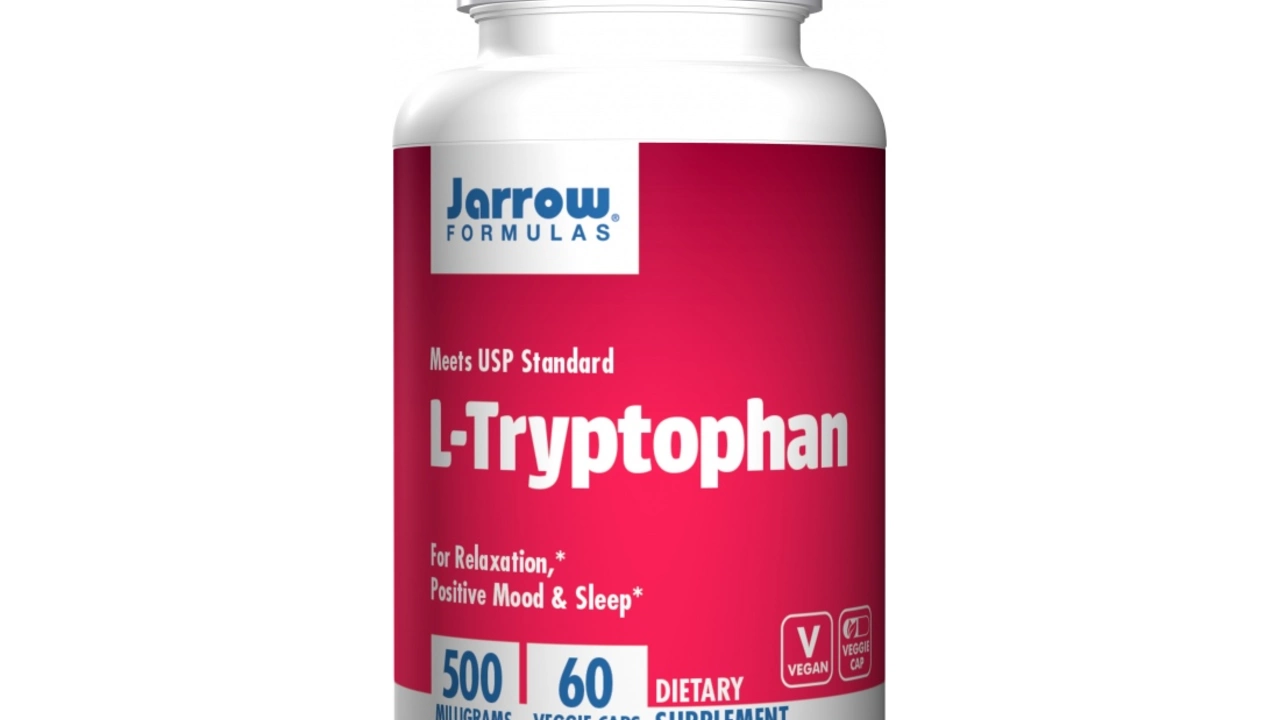Carnosine guide
Carnosine: a simple compound with effects. It’s a dipeptide made from beta‑alanine and histidine, concentrated in muscle and brain tissue. Your body uses carnosine as an antioxidant and anti‑glycation agent—that means it helps neutralize damaging molecules and slows the sticky sugar modifications that age proteins.
Most people get carnosine from meat, poultry, and fish. Vegetarians and older adults often have lower levels. You can also buy carnosine as an oral supplement or apply it topically in creams made for skin repair. Supplements usually come as L‑carnosine in doses from 250 mg to 1000 mg per pill.
Benefits
What does the research say? Human studies show carnosine can improve exercise performance by reducing fatigue, and it may help short‑term memory and mood in older adults when taken daily. Lab work also finds promising anti‑aging effects on cells and improved skin healing after injuries. Keep in mind many studies are small, but the pattern points to benefits for certain users.
Use and safety
How to use carnosine practically: starting doses of 500 mg once or twice daily are common. Athletes take 1 to 2 grams total split across the day. If you want higher muscle levels, some experts recommend beta‑alanine supplements instead—beta‑alanine is the limiting ingredient for building carnosine inside muscles and is proven to increase muscle carnosine more effectively than taking carnosine itself.
Safety and interactions are straightforward. Carnosine is generally well tolerated. Mild side effects include stomach upset or rare allergic reactions. People with kidney disease, pregnant or breastfeeding women, and those on prescription medications should check with a healthcare provider before starting. Also note that the enzyme carnosinase breaks down carnosine in blood, which means oral carnosine might have limited lasting levels unless used regularly.
Topical carnosine creams are popular for skin repair and wrinkle reduction. They can reduce oxidative damage and may speed wound healing. For skin use, follow product instructions and test a small patch first if you have sensitive skin.
Want to compare options? If your goal is muscle endurance, try beta‑alanine (3 to 6 grams daily over weeks). If you want antioxidant effects or skin benefits, a 500–1000 mg daily carnosine supplement makes sense. Monitor how you feel and give any new supplement at least four weeks to show effects.
Shopping tips: pick supplements from reputable makers that list L‑carnosine and provide third‑party testing. Avoid products that mix many useless fillers. Take carnosine with meals to reduce stomach upset. If you want long term cognitive or skin benefits, track progress with photos or a diary so you know if it helps. Expect subtle changes — more energy, slightly better recovery, or softer skin over months rather than overnight results. Have regular checkups when taking supplements long-term annually.

Experience the Anti-Aging Power of Carnosine: Your New Favorite Dietary Supplement
- by Colin Edward Egan
- on 26 Jun 2023
I recently discovered the incredible anti-aging power of Carnosine, a dietary supplement that has become my new favorite. Carnosine is a naturally occurring antioxidant that protects our cells from damage and boosts overall health. Since I started taking it, I've noticed an improvement in my skin elasticity and a reduction in fine lines. I highly recommend giving Carnosine a try if you're looking for an effective way to combat the signs of aging. It's been a game changer for me!
